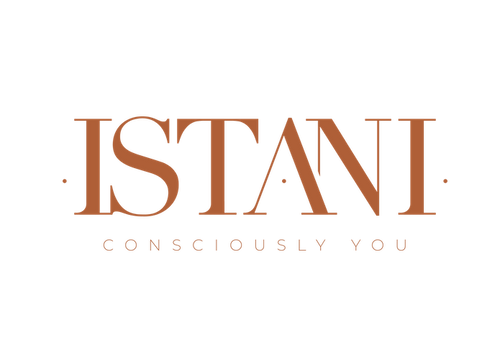I will never forget the first time I heard Heems’ Patriot Act. It was golden hour in NYC and I was sitting in the back of a bus going across town. The late afternoon light filtered through the windows, playing beautifully with the deep blues of the seat.
“And so we rushed to buy flags for our doors
Bright American flags that read ‘I am not Osama’
And we ironed our polo shirts and we combed our hair
And we proudly paid our taxes
And we immediately donated to a local white politician
And we yelled "I'm just like you" as quietly and calmly as we could
So as not to raise too much attention and be labeled a troublemaker and lose one's job
Like when my name is too long to pronounce at work and raised too much attention
And I was labeled a troublemaker, so I changed it”
Every single word moved me. Every single word spoke to my very own lived experience. I was overcome with emotion on the bus. The song stirred traumatic memories that I had buried somewhere deep. It was 2015 and I was 25, several years before Istani was born. I didn’t linger in that moment too long; I wasn’t yet self-aware enough to understand the healing power of pain.
That pain came rushing back with an undeniable force with the news of the recent Taliban takeover of Afghanistan. It felt like I was seeing the same images from the early 2000’s -- when the drumbeat of war was on full and media outlets displayed images of men and women who looked like my mother, my father, my uncles, my aunts as either victims of violence or perpetrators of violence. Out of fear, my mother told me to take my headscarf off. We edited our vocabulary. Certain words became forbidden on phone calls or in public. Distrust was widespread, as was news of “random” raids and deportations. We lowered our gaze and kept to our business. I wouldn’t tell people I was from Pakistan. I’d say that I came from Turkey because that was closer to Europe, therefore closer to whiteness, therefore closer to safety. This was the atmosphere in which I spent my adolescent years in the United States.
In this climate, I was too Pakistani in the United States and not Pakistani enough for Pakistan. Where did I really belong, then?
I didn’t know it then but this is where the seeds of creating a cross-cultural brand were sown. I yearned for people to understand me and my culture. I yearned to show how diverse and nuanced our culture and our lived experiences are. That we are so much more than the pain, chaos, destruction and war our people are constantly portrayed in. Moreover, as Pakistan got more and more enveloped in this geo-political clash, I yearned to differentiate Pakistan:
“Yes, Pakistan is a majority Muslim country. No, we are not Arab.”
“No, India and Pakistan are not the same place.”
“Our language is not Pakistanian, it’s called Urdu.”
So I started Istani. To ensure that Pakistani culture and identity remains distinct and well-understood despite what’s going on in the region. To show that our people and our lands are rich with culture and beauty, beyond what the media chooses to portray us as. We are more than the chaos, destruction, and pain that you see on TV and in film. We are also our dreams, desires, our joys, our loves. We are made up of many languages and ethnicities and cultures within one border. We have rich histories of craft, literature, film, dance and art. We are ancient. And, we are modern.
We are Pakistani. We are South Asian. We are human beings.
And that’s why representation matters. Proper representation humanizes us. It removes us from the space of the other. It demolishes the narrow minded us vs. them mentality. We start to see our commonalities and understand the beauty of our differences.
And that’s why, Istani.


